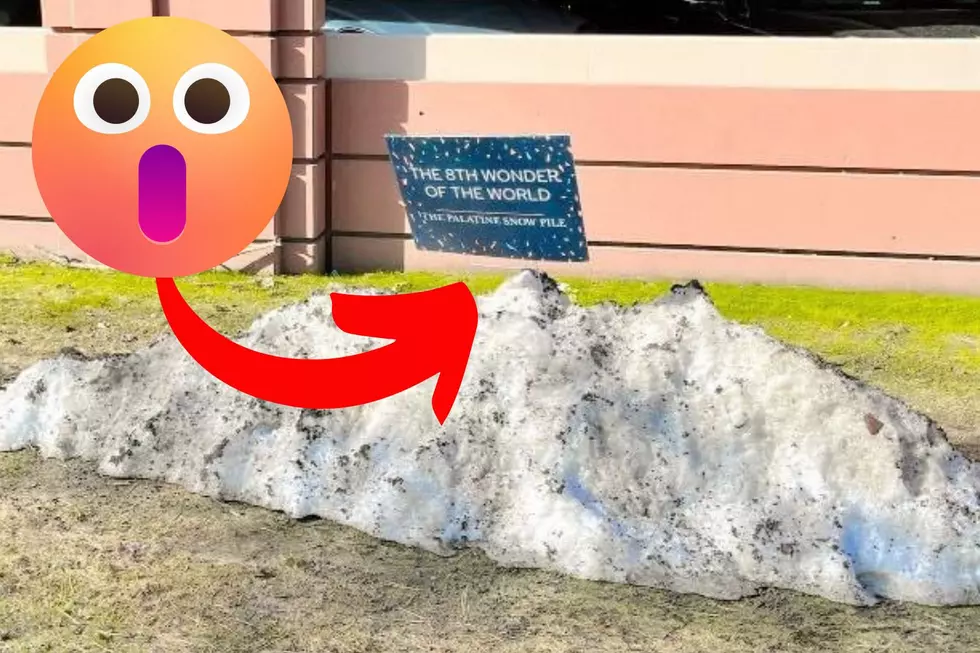
Dangerous Thunderstorms and Snow for Illinois in Next 7 Days
It's been a historically warm month of February with many hoping that spring has started early and we're done with snow for the season. But, that may not be the case.
Pacing to Be Warmest February in Recorded Weather History
It's been unseasonably mild for the past few weeks, and if trends continue it could be the warmest February on record in the Rockford region and Chicagoland.
According to the current forecast from the National Weather Service, after a chance of early morning rain the high temperatures should be close to 60 in northern Illinois on Thursday (2/22) which is about 20 degrees higher than the normal average high for this time of year.
Northern Illinois Weekend Will Feel More Like Winter Again
For the upcoming weekend in the Rockford area, temperatures will drop back closer to normal with high temperatures on Friday (2/23) expected only to reach 40 degrees with a 20 percent chance of snow showers between 3 pm and midnight.
READ MORE: The 7 Best Secluded Beaches in Wisconsin You Must Visit
Saturday will be sunny but only reach the upper 30s, but on Sunday temperatures rebound into the upper 50s, according to the latest NWS forecast for Rockford.
The Warmest Temps of the Year, So Far, Coming Early Next Week
The extended forecast from the Weather Channel has the beginning of next week feeling like spring.
High temperatures on Monday (2/26) will rise into the mid to upper 60s with mostly sunny skies warming things up. By Tuesday (2/27), we will likely see the high temperatures get into the 70s for the first time this year.
Rain showers and potentially strong thunderstorms are possible Tuesday afternoon with a cold front moving in and temperatures dropping on Tuesday night to the upper 30s.
READ MORE: 20 of the Best Fish Fry's in Northern Illinois
Wednesday there's a 50 percent chance of rain and a high in the upper 40s, and then occasional snow is possible on Wednesday night when temperatures drop into the mid-20s.
Current forecasts from the Weather Channel and the National Weather Service don't predict any significant snow accumulation, but we'll keep you posted if anything changes.
LOOK: The most expensive weather and climate disasters in recent decades
Gallery Credit: KATELYN LEBOFF
More From Rockford's New Country Q98.5









